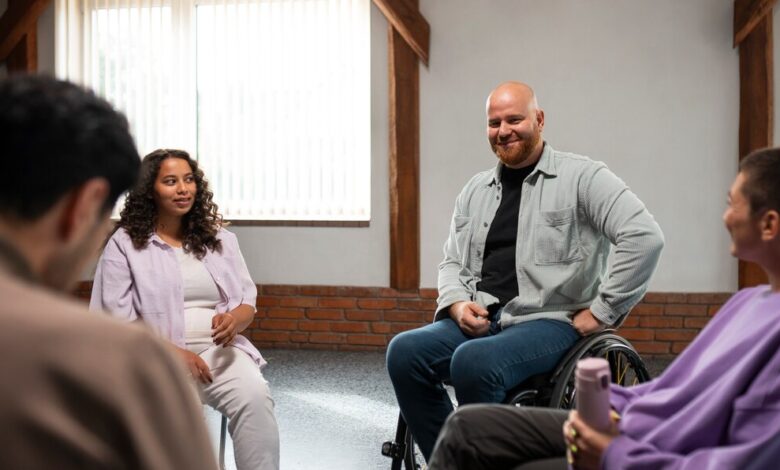Lifestyle
Red Flags When Both Partners Are Recovering Addicts

Navigating a relationship is challenging for anyone, but when both partners are in recovery from addiction, unique hurdles can arise. While mutual support and understanding can be beneficial, certain red flags might signal potential issues that need addressing. Here are some key concerns to watch for:
- Codependency: In recovery, it’s essential to establish healthy boundaries and independence. A red flag is if the relationship becomes overly codependent, where both partners rely on each other for emotional stability, potentially hindering their individual progress.
- Unresolved Issues: If both partners have unresolved trauma or emotional issues, these can resurface in the relationship. Pay attention if past traumas or unresolved conflicts frequently cause tension or if these issues are not being addressed in therapy.
- Lack of Individual Growth: Recovery involves personal development and self-improvement. A red flag is if one or both partners seem stagnant in their recovery process or if there’s a noticeable lack of individual growth and self-awareness.
- Relapse Triggers: Being in a relationship where both partners are recovering addicts can inadvertently become a trigger for relapse. If one partner’s behavior or habits are triggering for the other, it’s crucial to address these triggers proactively.
- Communication Breakdown: Effective communication is vital in any relationship, especially in recovery. Watch for signs of communication breakdowns, such as frequent misunderstandings, avoidance of difficult topics, or a lack of honest dialogue.
- Enabling Behavior: While supporting each other is crucial, enabling detrimental behavior is a red flag. If either partner is making excuses for the other’s harmful actions or avoiding necessary confrontations, it can hinder recovery and jeopardize the relationship.
- Inadequate Support Systems: Recovery often involves support from a network of friends, family, or support groups. If the relationship is the sole or primary support system, it may become overwhelming and insufficient for effective recovery.
- Financial Stress: Addiction often impacts financial stability. In recovery, financial stress can exacerbate relationship tensions. Be cautious if financial issues are not being managed responsibly or if there is a lack of transparency and planning.
- Ignoring Professional Help: Professional guidance from therapists or counselors is crucial in recovery. A red flag is if either partner dismisses the importance of ongoing therapy or avoids seeking professional help when needed.
- Unrealistic Expectations: Both partners should be aware of the challenges and limitations of recovery. Unrealistic expectations about how quickly things should improve or how perfect the relationship should be can lead to disappointment and conflict.
In conclusion, while being in a relationship with another recovering addict can provide mutual understanding and support, it’s essential to recognize and address potential red flags. Open communication, ongoing self-awareness, and seeking professional help when needed can help both partners navigate their relationship healthily and effectively.




